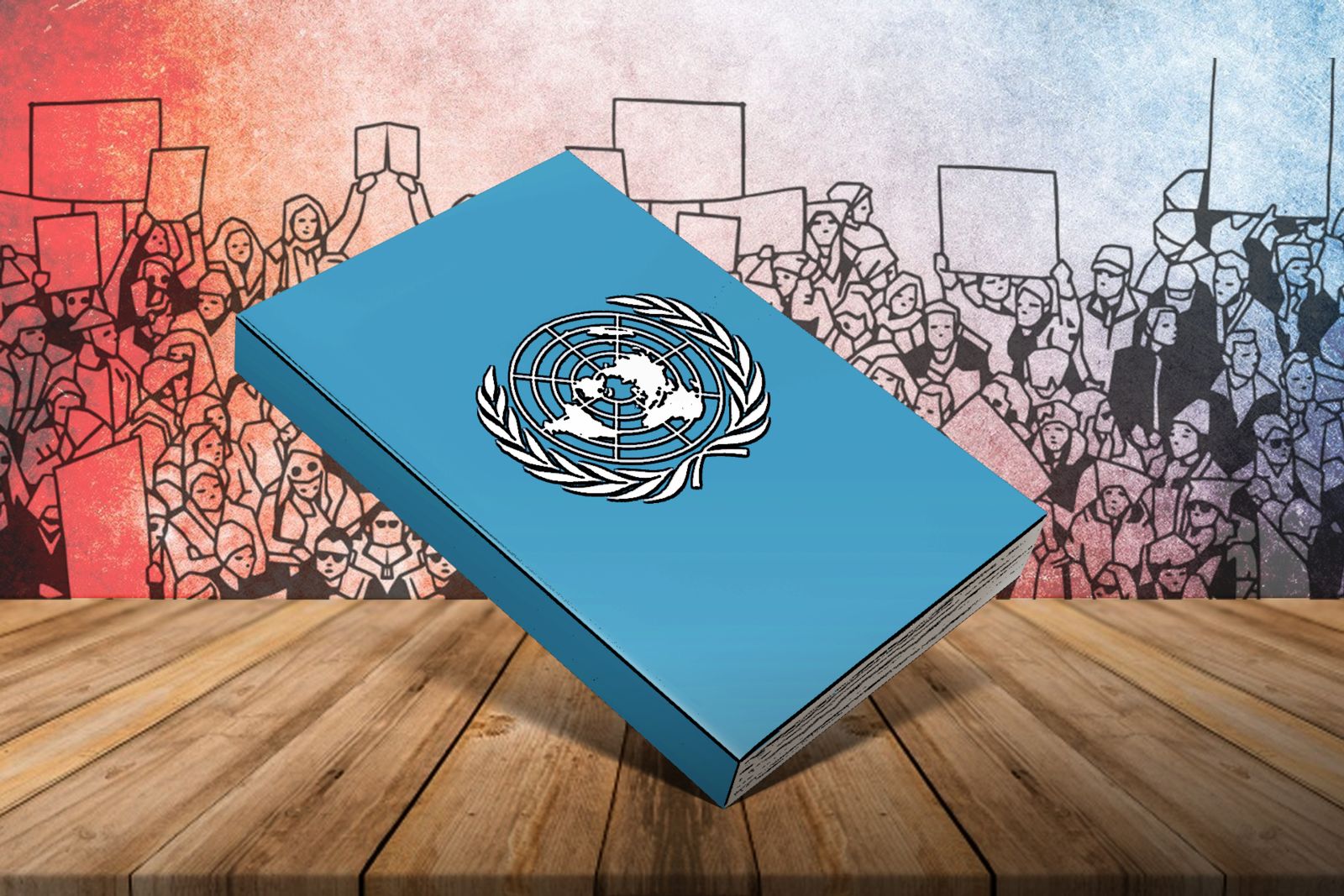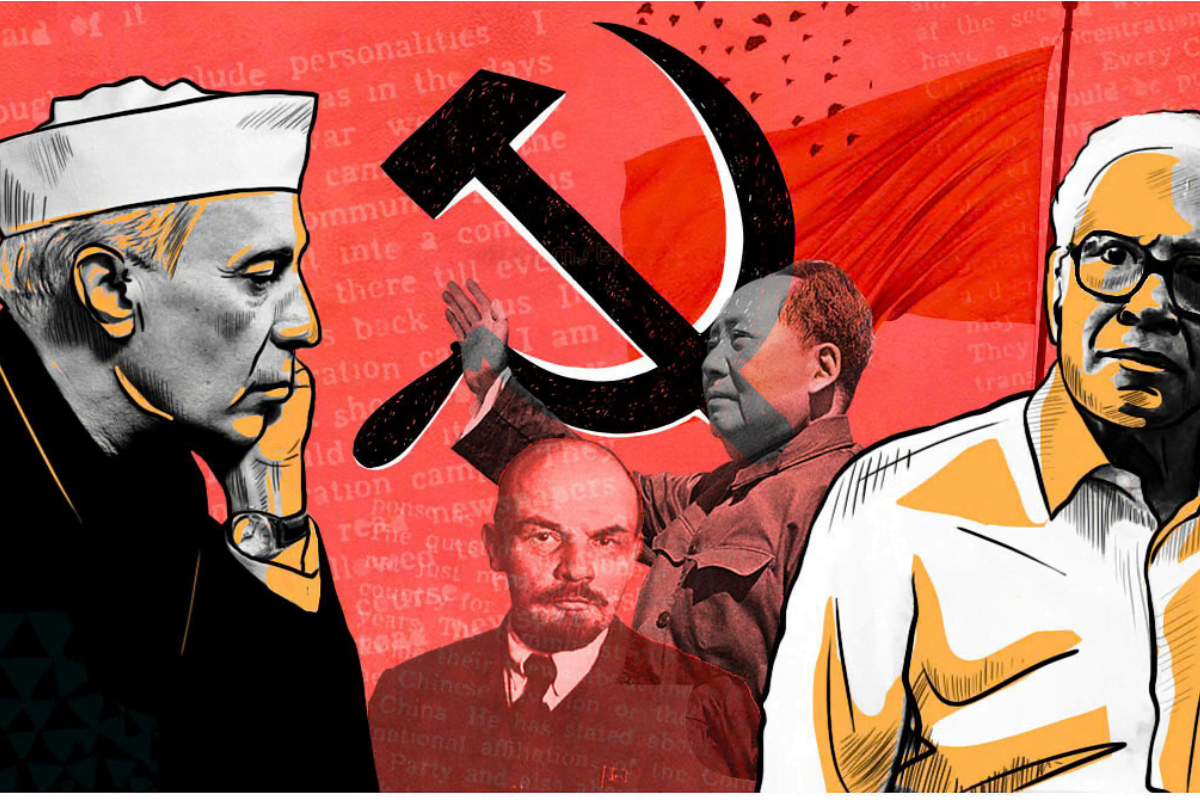‘History has always been the handmaiden of the victor’, this notion seems exaggerated until one considers the enduring influence of the post-WWII order or Pax Americana. This was evident at the San Francisco meet in 1945 with the inception of the United Nations (UN). The Charter established the UN and its structures with the primary intent to maintain international peace and security. It’s arguable however, that once the beacon of peacekeeping and the symbol of international cooperation, the UN is amidst a massive credibility crisis. The gulf between the UN’s promises and its delivery has become a cavernous void, epitomised by the slow trudge toward the Sustainable Development Goals (SDGs) and the frequent paralysis of the Security Council (SC) in the face of urgent crises.
The result? A crescendo of global disappointment and a serious need for rethinking of the UN’s relevance in a world that has moved beyond its post-1945 landscape. Also, a legitimate question to ask is that as a common individual living in a fairly small country, why should one trust and rely on the UN to protect them in times of humanitarian crises and hold the perpetrators accountable, given the litany list of failures before us? A more casual way of asking the same question would be, ‘is the UN still relevant?’
Is the United Nations still Relevant?
All the views and opinions expressed are those of the authors. Image Credit – Open Global Rights.
About the Authors

Shreyash Sharma is a research assistant at the Department of Public and International Affairs in City University of Hong Kong (CityU).

Hui Wen Teh is a research assistant at the Department of Public and International Affairs in City University of Hong Kong (CityU).




One thought on “UN-finished? Peace, Promises and Growing Disappointments”